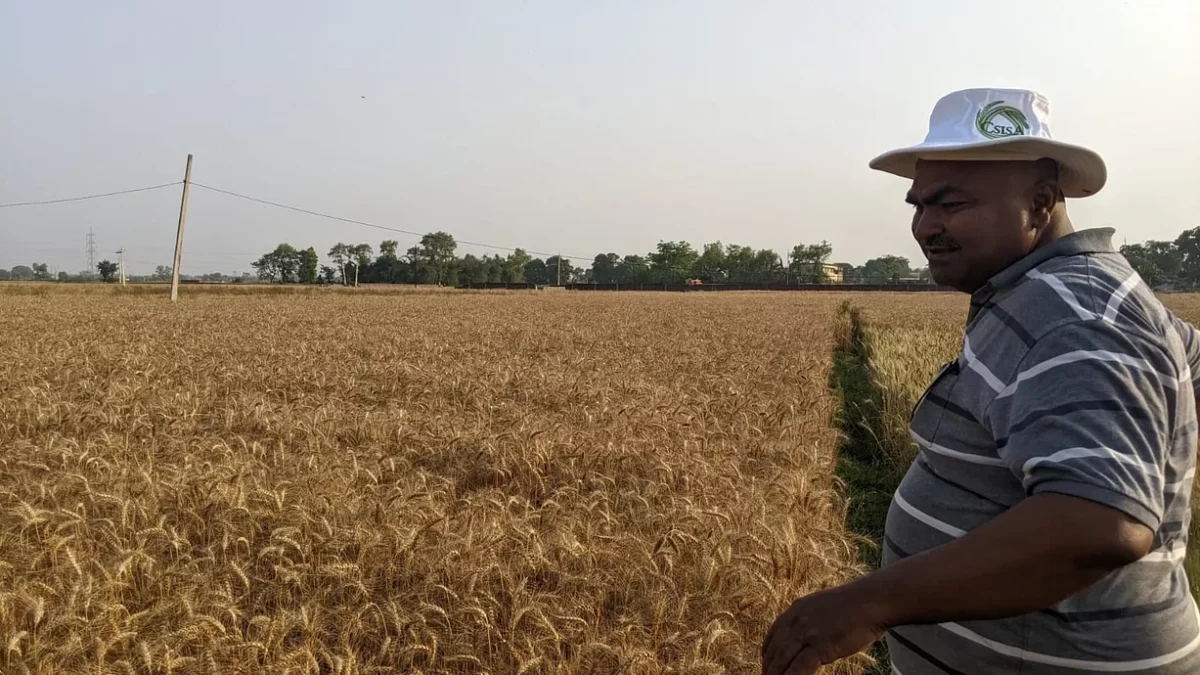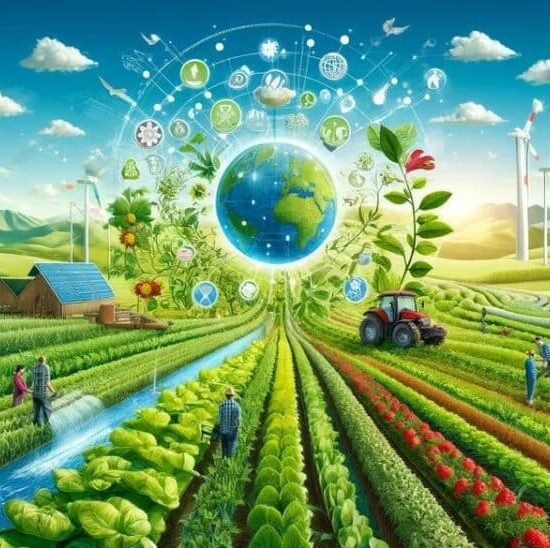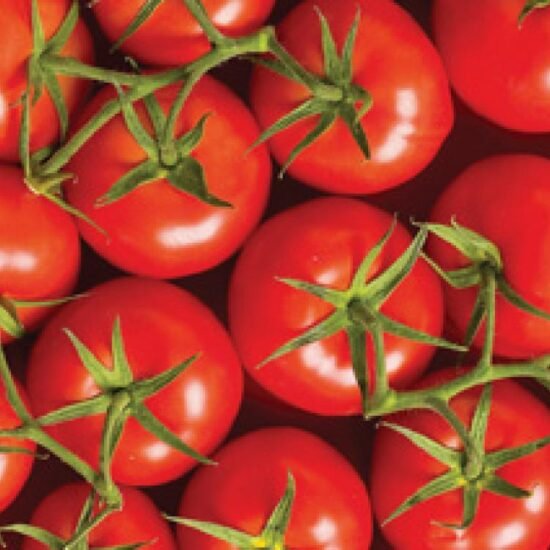
Ravi Ranjan took to farming after the death of his grandfather and despite his initial apprehension about working in agriculture, has never looked back
In the sultry spring-summer heat of Bihar, India, the landscape is yellow with wheat grains ready for harvest. Here, in Nagma village farmer Ravi Ranjan attends to his fields — mostly wheat, with some pulses in the adjoining plots. The harvest this year will be a little less than anticipated, he explains, as receding monsoon rains left the soil too moist to begin sowing on time.
Ranjan’s grandfather and father were both farmers who owned sizeable land. His father used to say that the land was productive but required a lot of hands, sweat, and time to sustain the yields. Agriculture was all that the family had known and depended on for decades before Ranjan’s father left the sector for the civil service. After the early demise of his grandfather in 2003, and with his father in a secure government job, it fell to Ranjan to shoulder the responsibility of managing the family farm.
As a young man, Ranjan had sometimes helped his grandfather in the fields, but now, as the owner of a hydraulic mechanical service firm working hundreds of kilometres away in Chhattisgarh, he had never imagined becoming a farmer himself. Though reluctant to begin with, Ranjan decided there was no alternative but to take on the challenge and do his best, and while initially he had little success with the new venture, slowly and steadily he began to change the fortune of his inherited land.
Today Ranjan is one of the local area’s success stories, as a progressive and influential farmer with ties to the Cereal Systems Initiative for South Asia (CSISA) project. Researchers on the CSISA team have been working with farmers like him in the region for over a decade and are proud of the ongoing collaboration. Ranjan’s fields are regularly used as CSISA trial plots to help demonstrate the success of new technologies and conservation agriculture practices that can enhance productivity and sustainability. For example, in the 2021-2022 winter cropping season — locally known as Rabi — he harvested 6.2 tons per hectare – while a separate acre plot as demonstration site was harvested publicly with officials from CSISA and the Krishi Vigyan Kendra Network (KVK), JEEViKA, and farmers from neighbouring villages for improving yield sustainably.
As India celebrates Kisan Diwas (Farmer’s Day) on December 23, we speak to Ranjan about his hopes for the future and the continuity of farming in his family after he hangs his boots.
Farming has seen a sea of change since your grandfather’s time. What do you think has been the most transformative change in the years you have been involved in farming?
I think using mechanised tools and technology to ensure good cropping practices has tremendously reduced manual work. Furthermore, today with innovations and digitisation in agriculture science, farming is not just recognised as a noble profession, but also an enterprising one. I am happy I came into it right when things were changing for good. I have no regrets.
Though not by choice that I came into it, I am now fully invested and devoted to farming. From being an entrepreneur to farming, it has been a transformational journey for me. I am unsure whether my daughters — I have three, the eldest turns 18 next year — will choose to be involved in agricultural farming. But I will encourage and fully support them if they choose to take it up. After all, they will inherit the land after me.
Extreme climate effects are challenging agricultural practices and output. How are you preparing to reduce the impact of these in your fields?
It is worrying to see how extreme climatic effects can be challenging for agriculture, particularly for smallholder farmers in the region. Erratic rains, drought at times, and increasing temperatures have all harmed our cereal and vegetable farms and affected yield in wheat crops significantly. The adoption of new technologies like direct seeded rice (DSR) to avoid puddled rice transplanting, early wheat sowing (EWS) to avoid terminal heat at maturity, zero tillage technology (ZTT), and better-quality seeds, are interventions introduced and supported by CSISA and other agricultural organisations from the state that has helped combat some of these climate-induced problems.
In my own fields, I have also introduced proper irrigation systems to reduce the impact of limited water availability. I hope to stay ahead of the curve and make sure I am aware of all that is possible to keep my farm productive and sustainable.
How did you begin your association with CSISA? What has been your experience of working with them to make your agriculture resilient and productive?
I was initially approached by one of their scientists working in the area. And because of my interest, they slowly began informing me of various technologies I could try. With these technologies implemented in my field, the yield and productivity improved.
Soon after expanding my agriculture output, I got 50 acres of land on lease in the village to grow more crops like pulses, along with rice and wheat. Today, CSISA has started using my fields as their demonstration plots for new technologies and best practices, and to spread awareness and bring in more farmers from neighbouring villages to encourage adoption.
CSISA and others call me a progressive and innovative farmer. I am proud that many farmers and other agricultural agencies in the area have appreciated our efforts to continue making agriculture productive and sustainable.






